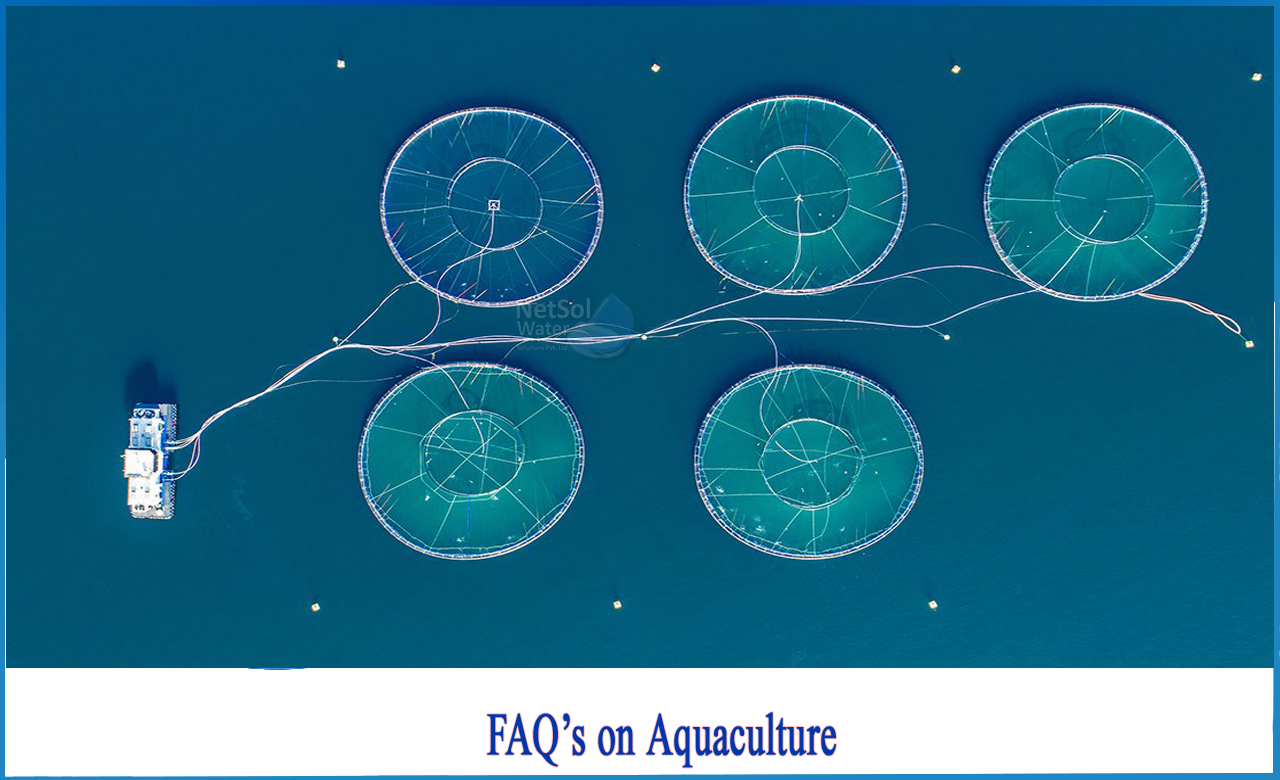Q1.What exactly is aquaculture?
Aquaculture refers to the breeding, rearing, and harvesting of fish, shellfish, algae, and other organisms in a variety of water environments. Aquaculture is classified into two types: marine and freshwater.
Oysters, clams, mussels, shrimp, seaweeds, and fish such as salmon, black sea bass, sablefish, yellowtail, and pompano are all produced by marine aquaculture. Farming marine shellfish can be done in a variety of ways, including "seeding" small shellfish on the seafloor or growing them in bottom or floating cages. Typically, marine fish farming is done in net pens in the water or in tanks on land.
Catfish and trout are two examples of freshwater aquaculture species. Freshwater aquaculture is mostly done in ponds or other man-made systems.
Q2.What is UV transmittance (UVT)?
The percentage of light that passes through a water sample at a wavelength of 254 nm is referred to as UV transmittance. UV light penetrates the cell wall of the microorganism at this wavelength. The intensity refers to the amount of UV delivered to the organism. The UV energy permanently changes the DNA structure of the microorganism in a process known as thymine dimerization, rendering the microorganism inactive and unable to reproduce or infect.
Q3.What effect does sea temperature have on RAS equipment selection?
The temperature of the water is an important factor in determining the type of RAS plant equipment to be used. Water temperatures of more than 10 degrees Celsius, for example, can cause corrosion issues in standard 316L or 304L stainless steel.
Sacrificial anodes are one of the solutions. Sacrificial anodes do exactly what their name implies: they sacrifice themselves to protect stainless-steel equipment. Sacrificial anodes are consumables for the equipment and must be replaced quarterly, though timing varies by plant. Super duplex steel, on the other hand, is more expensive but resistant to high levels of corrosion.
Q4.Do farmed fish contain more or less mercury/PCB’s?
The risk of ingesting pollutants (such as mercury and polychlorinated biphenyls (PCBs)) from farmed and wild seafood is roughly the same. These toxins "bioaccumulate" in fatty tissues and are more common in larger, older fish (ex. tuna, swordfish, grouper, etc.). Those concerned about consuming such toxins, particularly pregnant women, should not avoid seafood entirely, but should instead choose species with very low concentrations (ex. salmon, mussels, scallops, clams, shrimp, crab, lobster, and ground fish including haddock, hake, and Pollock).
Q5.In aquaculture, how is water treated using filtration?
Waste products are produced during the metabolic activity of converting fish feed to fish flesh. These are made up of suspended solids as well as dissolved nutrients. Simple methods for removing suspended solids exist, and they are applicable to both flow-through and recirculation farms. The removal of suspended solids from flow-through fish farms has different requirements than other water treatment processes because pollutant concentrations in fish farm effluent are low and flow volumes are high. To keep costs under control, these large water flow volumes necessitate a careful selection of filtration systems.
Q6.How does water quality affect the aquaculture industry?
Water quality is critical in fish farming because poor water quality can harm the fish's health and growth. Farmers must pay attention to the chemical and physical properties of the water. Fishermen who want to succeed must understand the quality of their water. Because fish use water to live, feed, reproduce, grow, and excrete waste, the water quality in fishponds can quickly deteriorate.
Farmers must balance fish needs with water quality factors such as temperature, suspended solids, photosynthesis, dissolved gases, oxygen, carbon dioxide, nitrogen, ammonia, pH levels, alkalinity, water hardness, and others.
For more information, contact Netsol Water.
Netsol Water is Greater Noida-based leading water & wastewater treatment plant manufacturer. We are industry's most demanding company based on client review and work quality. We are known as best commercial RO plant manufacturers, industrial RO plant manufacturer, sewage treatment plant manufacturer, Water Softener Plant Manufacturers and effluent treatment plant manufacturers. Apart from this 24x7 customer support is our USP. Call on +91-9650608473, or write us at enquiry@netsolwater.com for any support, inquiry or product-purchase related query.



